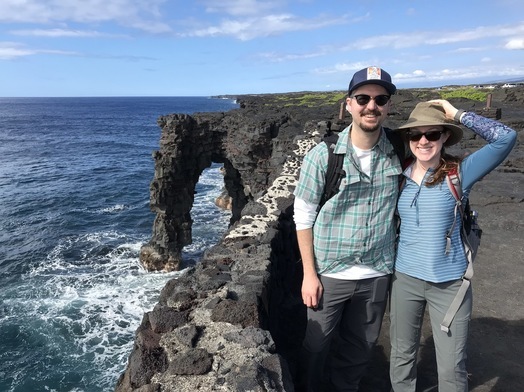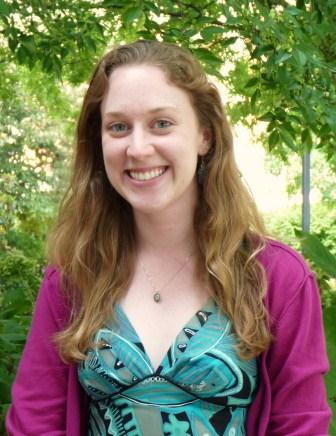LAUREN BALDWIN
CAPSTONE
Capstone Project Committee: Sat Gupta, Ph.D.; Amanda Lortz; Mallory Sdano, M.S., LCGC; Randi Stewart, M.S., CGC
Background: Wolf-Hirschhorn syndrome/4p deletion syndrome (WHS/4p-) is characterized by developmental and growth delays, intellectual disabilities, distinctive facial characteristics, and seizure disorders. While previous studies have focused on the genetic cause and variation in symptoms, there is a lack of information regarding psychosocial topics. The goal of this exploratory study was to describe the reproductive decision-making process in parents of children affected with WHS/4p-.
Methods: Members of the 4p- Support Group were recruited for personal interviews and an anonymous online survey. Participants had a biological child affected with WHS/4p- and were at least 18 years old. Eight parents or parent couples participated in personal interviews and 95 participants completed the survey. Descriptive techniques and thematic analysis were used for data analyses. Interview data informed survey development.
Results: 61.7% of survey participants felt that they had not received balanced information during the initial diagnosis and 47.3% did not feel emotionally supported by the medical community. Six of 9 survey participants that were carriers of a balanced translocation agreed that carrier status influenced their reproductive decisions. The most frequently utilized reproductive option among survey respondents was prenatal diagnosis via amniocentesis or chorionic villus sampling (21%). Emotional burden of care was reported to be more significant than financial burden of care in the reproductive decision-making process. Parental perception of severity of child’s phenotype and religious beliefs did not appear to influence decision making. The majority agreed that having a sibling, either typically developing or with WHS/4p-, would benefit other sibling(s).
Discussion: Reproductive decision-making is a complex process in the WHS/4p- community. Many families reported a desire for more emotional support from their healthcare providers as well as balanced information at the time of diagnosis. Future studies can expand upon reproductive decision-making of couples carrying a balanced translocation in the WHS/4p- community.
Since Graduation

Since graduating in 2015, Lauren has served primarily as a pediatric and adult genetic counselor at Wake Forest Baptist Medical Center. In September of 2018 she took on a shared laboratory genetic counselor position through the WFBMC Department of Pathology where she performs quarterly analyses of the laboratory genetic counselor database to determine the progress of institutional cost avoidance and characteristics of send-out genetic testing requests.
Over the past few years, Lauren has developed an interest in working with the local familial ALS population, specifically at-risk family members who are interested in pre/asymptomatic genetic testing. Since August 2019, she has assisted the NC Chapter of the ALS Association in coordinating and hosting a webinar-based support group every other month for families and individuals affected by the physical and/or emotional effects of familial ALS.
She is thrilled to announce that she has been transitioning into the role of Assistant Program Director for the newly developed Genetic Counseling Program at Wake Forest University, which will be accepting their first class of students this fall! Lauren and her husband, Tommy, live in Winston-Salem, NC with their two furry felines. They recently purchased their first home, a 1929 beauty, which conveniently is located within walking distance of close friend and former classmate, Samantha (Caldwell) Brovold.
